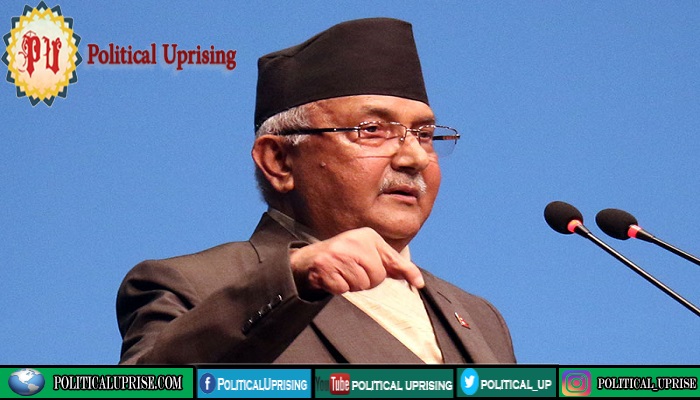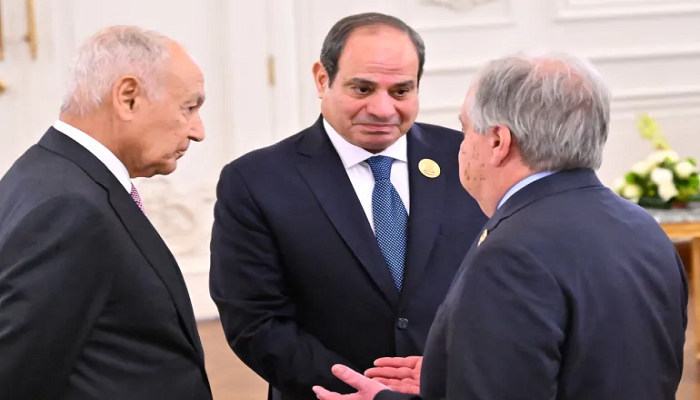Kathmandu and Delhi dispute began after India’s inauguration of a Himalayan road that lies at a three-way junction with Tibet and China.
Nepal’s foreign minister says his country was still waiting for a response from India on holding talks to resolve a border dispute that has strained relations between the South Asian neighbours.
Foreign Minister Pradeep Gyawali said that requests to talk were made in November and December last year, and again in May.
“We have expressed time and again that Nepal wants to sit at the table to resolve this problem,” Gyawali said.
“We are waiting for formal negotiations so that these two countries with … a very unique type of partnership can develop a more inspiring relationship that reflects the requirements of the 21st century.”
The latest border dispute between the countries began over India’s inauguration last month of a Himalayan link road built in a disputed region that lies at a strategic three-way junction with Tibet and China.
The 80-km (50-mile) road, inaugurated by Indian Defence Minister Rajnath Singh, cuts through the Lipulekh Himalayan pass, considered one of the shortest and most feasible trade routes between India and China.
Nepal fiercely contested the inauguration of the road and viewed the alleged incursion as a stark example of bullying by its much larger neighbour, triggering a fresh dispute over the strategically important territory.
China decides to strengthen in future COVID-19 vaccine trials
The government of Prime Minister Khadga Prasad Sharma Oli issued a new political map of Nepal that showed the disputed territory within its borders.
A report in Nepal’s newspaper on Tuesday said the Oli government had introduced a constitutional amendment bill in Parliament to secure approval for the new map.
The report said the bill was welcomed by opposition legislators too, who said the map incorporated land that belongs to Nepal.
Nepal, which was never under colonial rule, has long claimed the areas of Limpiyadhura, Kalapani and Lipulekh in accordance with the 1816 Sugauli treaty with the British Raj, although these areas have remained under the control of Indian troops since India fought a war with China in 1962.
There have been reports that India does not want to hold negotiations with Nepal until its coronavirus outbreak is brought under control. Nepal, however, wants the talks soon.
Sweden ex-envoy to China goes on trial for overstepping mandate
“If the coronavirus is an obstacle for not being able to hold diplomatic dialogue soon, it should have been an obstacle for the inauguration of the link road as well,” Gyawali said.
“But if the coronavirus did not create any problem to the inauguration, that means there are some controversies, there are some paradoxes.”
The dispute over the territory drove a new wedge between the two nations, leading to an exchange of strong-worded statements and remarks from both sides.
“There is no any alternative to dialogue and friendly talk, and talk not just for formality, but with commitment to solve the problem and to develop such an environment where both countries can prosper together, where both countries can journey together towards a prosperous region of South Asia,” Gyawali said.



